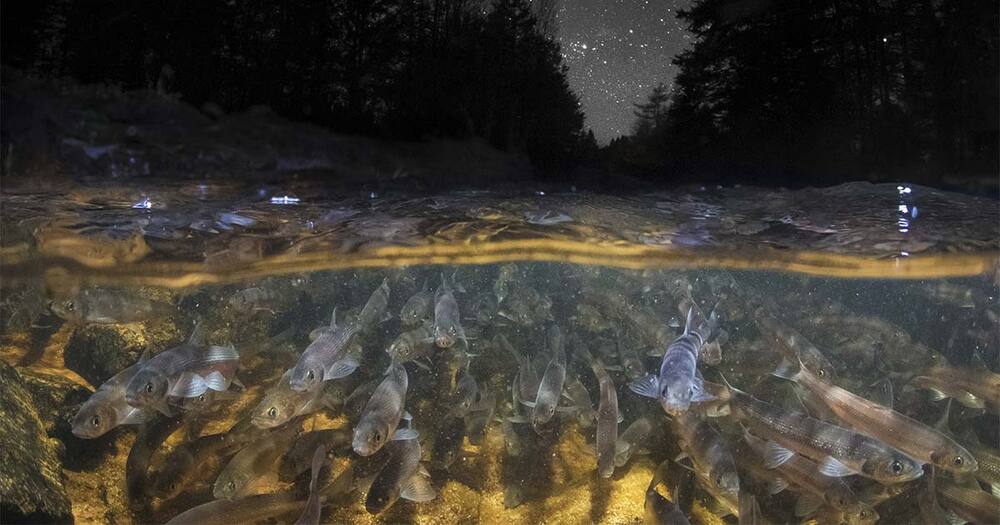Laurie Graham, a molecular biologist at Queen’s University in Ontario and lead author on the paper, knows she’s making a bold claim in arguing for the direct transfer of a gene from one fish to another. That kind of horizontal DNA movement once wasn’t imagined to happen in any animals, let alone vertebrates. Still, the more she and her colleagues study the smelt, the clearer the evidence becomes.
Nor are the smelt unique. Recent studies of a range of animals — other fish, reptiles, birds and mammals — point to a similar conclusion: The lateral inheritance of DNA, once thought to be exclusive to microbes, occurs on branches throughout the tree of life.
Sarah Schaack, an evolutionary genomicist at Reed College in Portland, Oregon, believes these cases of horizontal transfer still have “a pretty big wow factor” even among scientists, “because the conventional wisdom for so long was that it was less likely or impossible in eukaryotes.” But the smelt discovery and other recent examples all point to horizontal transfers playing an influential role in evolution.
